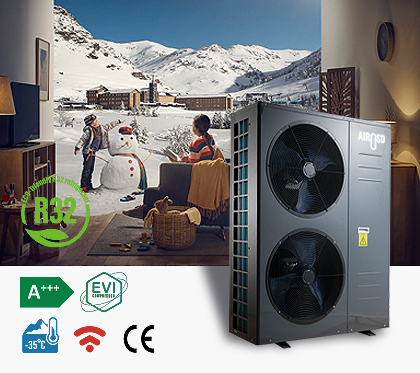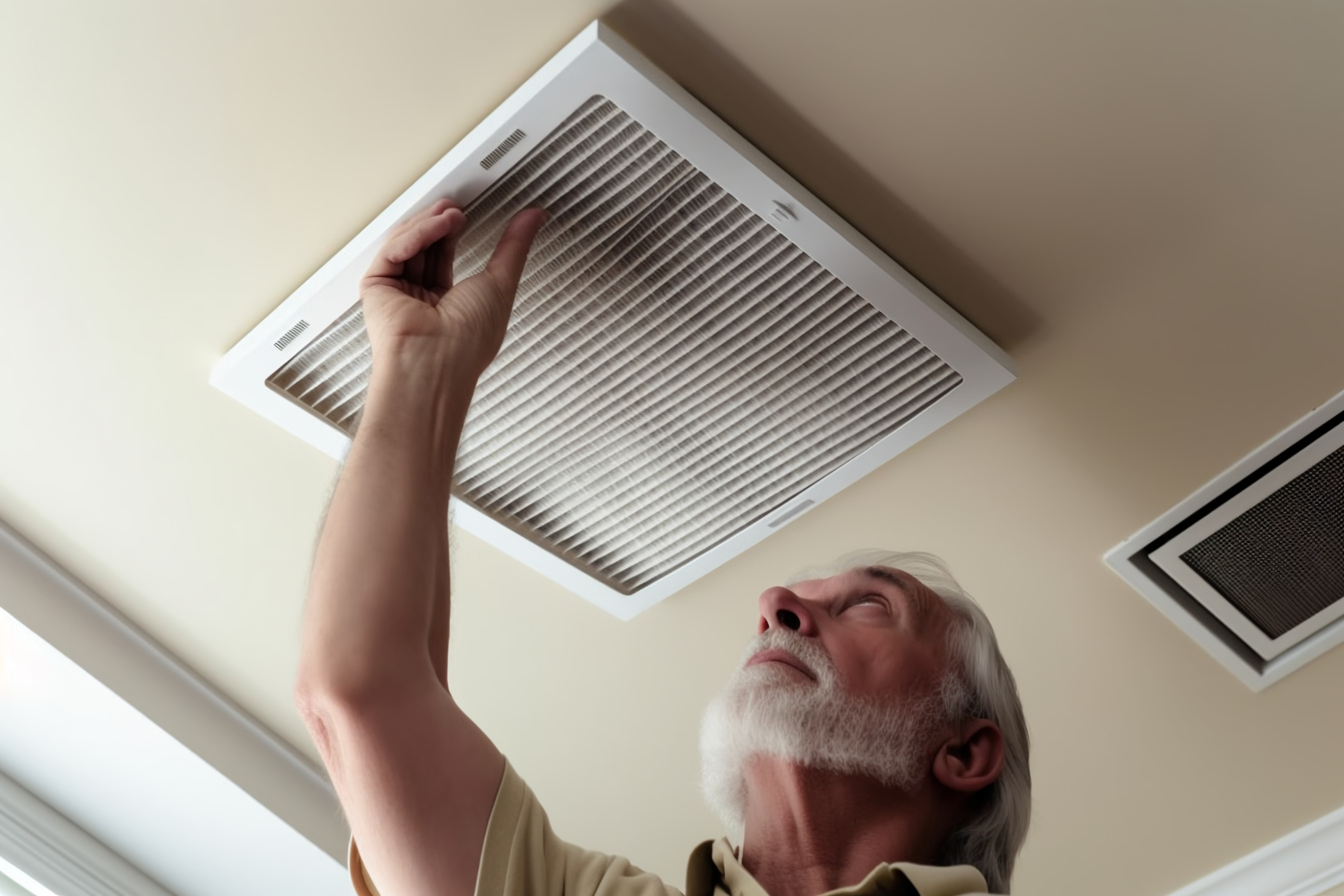What are the benefits of Heat Pump
Heat pumps are revolutionizing how we heat and cool our living spaces. Whether you choose a Heat Pump water heater for efficient domestic hot water, a swimming pool heat pump to maintain ideal pool temperatures, or a heating and cooling heat pump for year-round indoor comfort, the benefits are significant. Modern pool heaters that incorporate heat pump technology further highlight how this approach is reshaping residential and commercial energy solutions.
1.Traditional heating systems, such as gas-fired water heaters or conventional pool heaters, often depend on energy-intensive combustion processes.
In contrast, a Heat Pump water heater transfers ambient heat to warm water, consuming far less energy. Studies show that a Heat Pump water heater can reduce annual water heating costs by $300–$500 compared to standard electric models. Similarly, a swimming pool heat pump maintains optimal water temperature using minimal electricity, cutting pool heating expenses by up to 80%.
A heating and cooling heat pump offers dual functionality—it provides efficient heating during winter and effective cooling in summer, achieving a coefficient of performance (COP) of 300–400%. This efficiency means that for every unit of electricity consumed, the pool heaters produces 3–4 units of heat, significantly lowering utility bills while delivering consistent indoor comfort.

2.Reducing greenhouse gas emissions is a critical global goal, and heat pump technology is at the forefront of this effort.
For instance, a Heat Pump water heater produces up to 60% fewer emissions compared to its gas-powered counterparts. In addition, a swimming pool heat pump combined with modern pool heaters avoids the methane emissions typically associated with gas pool heaters.
A heating and cooling heat pump utilizes renewable energy sources such as air, ground, or water, making it a cleaner alternative. Overall, the pool heaters technology plays a key role in reducing the carbon footprint of heating systems worldwide, aligning with international efforts to lower CO₂ emissions.

3.One of the most appealing aspects of heat pump technology is its versatility.
A Heat Pump water heater is designed to extract heat from the surrounding air, efficiently warming water even during colder weather. Meanwhile, a swimming pool heat pump is engineered to operate effectively in water temperatures as low as 40°F (4°C), which sets it apart from traditional pool heaters that often struggle in cooler climates.
The heating and cooling heat pump is available in various configurations—ranging from ductless mini-splits to centralized systems—providing customizable climate control for any home or business. Whether using a pool heaters in a residential setting or as part of a larger commercial installation.
4.A significant benefit of investing in heat pump technology is long-term reliability.
The heating and cooling heat pump generally boasts a lifespan of 15–20 years, thanks to its simple design and fewer mechanical components compared to conventional systems. A Heat Pump water heater also requires minimal upkeep; many models now include self-cleaning features that reduce sediment buildup and prolong performance.
Likewise, a swimming pool heat pump is engineered with durability in mind. High-quality pool heaters using heat pump technology incorporate corrosion-resistant materials that stand up to harsh pool chemicals and saltwater exposure. In short, the pool heaters represents not only an energy-efficient choice but also a long-lasting investment.
Modern pool heaters revolutionize swimming experiences by maintaining ideal water temperatures year-round with minimal energy use. Unlike gas heaters, which rely on costly fuels, heat pump-based pool heaters transfer ambient heat, cutting energy consumption by up to 80%. They operate efficiently even in cooler climates, extending pool seasons sustainably. With lower emissions and reduced operating costs, these systems offer an eco-friendly upgrade for homeowners. Invest in advanced pool heaters to enjoy warm swims while saving money and protecting the planet.

5.To promote energy efficiency, many governments offer attractive incentives for heat pump installations.
Homeowners who install a Heat Pump water heater or a heating and cooling heat pump may qualify for federal tax credits of up to $2,000 under current energy initiatives. These incentives are often extended to those who upgrade their swimming pool heat pump systems, making them a more affordable alternative to conventional pool heaters.
Such government support helps reduce the upfront costs associated with these technologies. As a result, the swimming pool heat pump is emerging as a smart financial investment that pays for itself over time through energy savings and reduced maintenance expenses.
Conclusion
From the benefits of a Heat Pump water heater to the year-round performance of a swimming pool heat pump and the versatile operation of a heating and cooling heat pump, the advantages of heat pump technology are clear. Modern pool heaters that incorporate heat pump principles are helping households and businesses reduce energy costs, lower emissions, and achieve superior comfort. As innovations continue and incentives remain strong, the heat pump is set to play a pivotal role in the global transition toward cleaner, more sustainable energy solutions.



